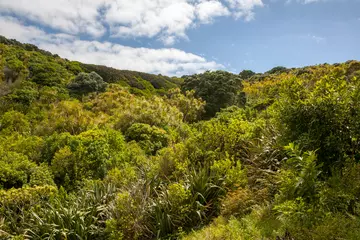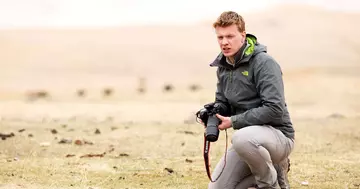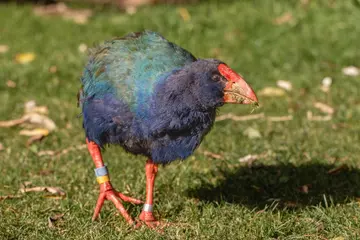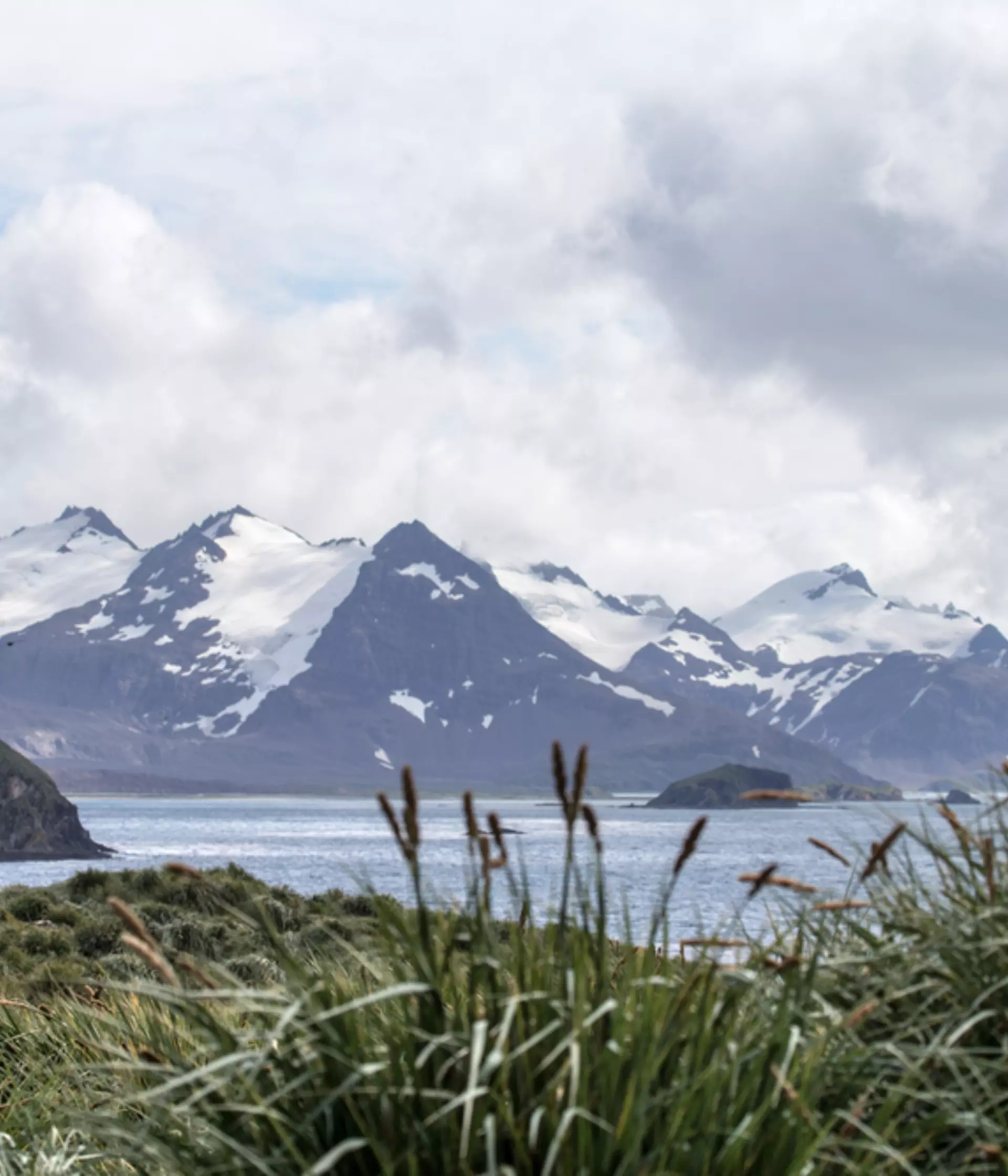
Joshua Elves-Powell
PhD Researcher
Following on from ZSL's recent online event 'Island Conservation: protecting global biodiversity', I wanted to share some useful links and suggestions for how you can find out more about the projects and work discussed, and where to look if you're interested in a career in island conservation.

Offshore islands are some of the most important sites on the planet for conservation, hosting an estimated 15-20% of all known mammal, bird, amphibian and plant species. Islands have also proved extremely vulnerable to human disturbance throughout history, for example through the introduction of invasive species.
Now, thanks to a range of conservation techniques pioneered in New Zealand, islands give cause for conservation optimism. We discussed some of these techniques during our recent event and gave examples of case studies. Here are some useful links to find out more:
- Part of the UK Overseas Territory of Tristan da Cunha, Gough Island is home to more than eight million breeding birds from at least 24 different species, including highly threatened species such as the Atlantic yellow-nosed albatross. Read more about the RSPB's Gough Island Restoration Programme.
- ZSL researcher, John Ewen, discussed how to recover species by using conservation translocations and spoke about his work with the Hihi in New Zealand. Watch this short film about Hihi research and conservation on the island of Tiritiri Matangi.
- South Georgia Heritage Trust's successful habitat restoration project means that the island of South Georgia has now been declared rodent free for the first time in centuries.
- John also mentioned a recent paper about the Sihek/Guam Kingfisher
Read the full paper here


What is the best way to get into a career in island conservation?
There are many routes into a career in island conservation and many different organisations that have established programmes in this field. A few examples are the Durrell Wildlife Conservation Trust (e.g.Mauritius programme), BirdLife International (e.g. Pacific programme), Island Conservation (a US-based non-profit organisation) and ZSL (for example with our work in British Overseas Territories and our research in Mauritius and New Zealand).
You may wish to consider further study at university. There are many relevant courses, with some focusing specifically on island conservation such as the University of Exeter's MSc in Island Biodiversity and Conservation.
There are also opportunities for PhD research with many different universities and institutes around the world. For example ZSL's Institute of Zoology, the University of Auckland (where they have an island conservation group), the University of Guam, the University of Tasmania and the South Atlantic Environmental Research Institute, to name but a few. Prospective applicants should contact individual research staff to find out more.
Practical experience is invaluable and although volunteering can be difficult to fit in around other commitments and responsibilities, it can be incredibly rewarding. There are many different volunteering opportunities out there, as well as some paid or seasonal roles. Remember to look at national and local organisations, depending on where you are based. A couple of examples in the UK are the Wildlife Trust of South & West Wales (Skomer Island), the Scottish Wildlife Trust (Handa Island) and the National Trust (Brownsea Island).
And remember, island conservation isn't just about on-the-ground roles and further research. There are also policy and ecological roles in government which have the potential to make a difference. These jobs (in the UK and British Overseas Territories) are advertised on the civil service jobs website.
